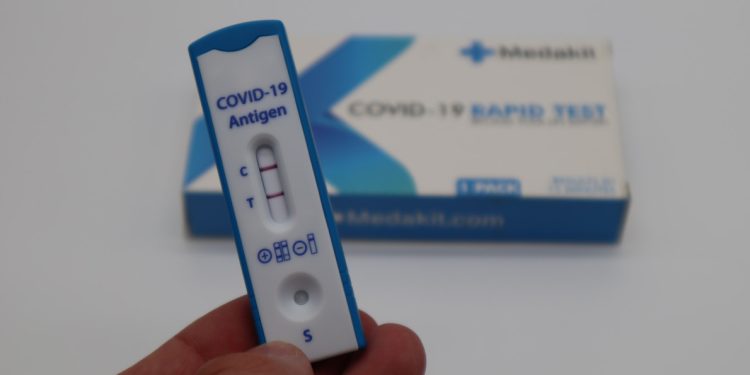5 Signs You May Be Suffering From an After-COVID Effect

Since the start of the COVID-19 pandemic, we have become accustomed to the idea of living with the virus. However, with the increasing number of vaccinations, people are beginning to look forward to returning to normality.
But as the pandemic recedes, it is worth remembering that this has been a traumatic experience for many. People may experience after-effects from the pandemic, and it is important to be aware of these and to know the signs of when to seek help.
In this blog post, we will be looking at five signs that you may be suffering from an after-COVID effect. We will discuss the symptoms of these after-effects and the steps you can take to seek help.
By understanding the signs of an after-COVID effect, you can get the help you need and start moving forward.
Read on.
Prolonged Exhaustion
Many people who have had COVID-19 experience extreme fatigue even after they have recovered. It’s thought that this is due to the body’s response to the virus, as it struggles to repair the damage caused by the infection.
Prolonged exhaustion can last for months, making it difficult to do normal activities, like going to work or taking care of a family. If you are experiencing prolonged exhaustion, speak to your private GP Leeds doctor. They will help you manage your symptoms and get back to normal.
Breathing Difficulties
While this symptom can happen with any virus, it is particularly concerning with COVID-19. This is because the virus attacks the lungs directly. If you often experience difficulty breathing, or the feeling that you can’t get enough air into your lungs, see a doctor immediately.
Brain Fog or Confusion
It is often characterised by difficulty concentrating, trouble to remember things and a general feeling of being overwhelmed or confused. Many people report feeling like they are in a “fog”, unable to focus on simple tasks or to think clearly.
This can be particularly concerning for those who have already experienced cognitive decline or have a history of mental health issues. If you are experiencing brain fog or confusion, consult your doctor about treatment options.
Persistent Pain or Weakness
Many people who have had the virus report significant aches and pains that linger long after their initial recovery. Sometimes, this pain is accompanied by a general feeling of weakness or fatigue.
Pay attention to these signs and seek medical help if they persist for more than a few days. Weakness or ongoing pain can be a sign of a more serious condition and should not be ignored.
Gastrointestinal Issues
People have reported experiencing discomfort, pain, bloating, constipation, nausea, and general digestive discomfort. Although the exact cause of these symptoms is unknown, it is believed to be related to inflammation in the body due to the virus.
Focus on any unusual changes in your digestive system, as these can indicate a more serious problem.
Bonus: How a General Physician Can Help
A private general physician can identify the cause of your symptoms and provide treatments or referrals to specialists who can help.
Your doctor may also be able to recommend lifestyle changes that can help improve your overall health. For example, they may suggest regular exercise, stress-management techniques, a healthy diet and adequate rest.
The Bottomline
There may be long-term effects of COVID-19 you might not realise you could be suffering from. If you have any of the five signs discussed in this article, talk to your doctor to discuss the underlying cause and possible treatment options.
If you have any questions or concerns, feel free to ask us in the comments!










